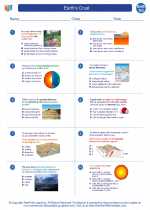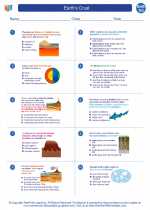Ovaries
The ovaries are a pair of reproductive glands located in the female reproductive system. They are responsible for producing and releasing eggs for fertilization and also for the production of the female sex hormones, estrogen, and progesterone. The ovaries are essential to the menstrual cycle and play a crucial role in the reproductive process.
Anatomy of the Ovaries
The ovaries are located in the lower abdomen on each side of the uterus. They are oval-shaped and about the size of an almond. Each ovary is connected to the uterus by the fallopian tubes.
Function of the Ovaries
The primary functions of the ovaries include:
- Egg Production: The ovaries produce and release eggs through a process called ovulation, which typically occurs once a month during the menstrual cycle.
- Hormone Production: The ovaries are responsible for the production of the female sex hormones, estrogen, and progesterone. These hormones play a crucial role in regulating the menstrual cycle, maintaining pregnancy, and supporting overall female reproductive health.
Common Ovarian Disorders
Some common disorders related to the ovaries include:
- Polycystic Ovary Syndrome (PCOS): A hormonal disorder causing enlarged ovaries with small cysts on the outer edges.
- Ovarian Cysts: Fluid-filled sacs that can develop within the ovaries.
- Ovarian Cancer: A type of cancer that begins in the ovaries and can spread to other parts of the body.
Study Guide
When studying the ovaries, it is important to focus on the following key points:
- Understand the anatomy of the ovaries, including their location, size, and connection to the uterus.
- Learn about the functions of the ovaries, particularly their role in egg production and hormone regulation.
- Be familiar with the menstrual cycle and the process of ovulation in relation to the ovaries.
- Study common ovarian disorders and their impact on female reproductive health.
- Understand the importance of regular check-ups and screenings for ovarian health, especially for early detection of any potential issues.
Remember to utilize diagrams and visual aids to enhance your understanding of the ovaries and their functions within the female reproductive system.
.◂Earth Science Worksheets and Study Guides High School. Earth's Crust

 Worksheet/Answer key
Worksheet/Answer key
 Worksheet/Answer key
Worksheet/Answer key
 Vocabulary/Answer key
Vocabulary/Answer key
 Vocabulary/Answer key
Vocabulary/Answer key
 Vocabulary/Answer key
Vocabulary/Answer key
